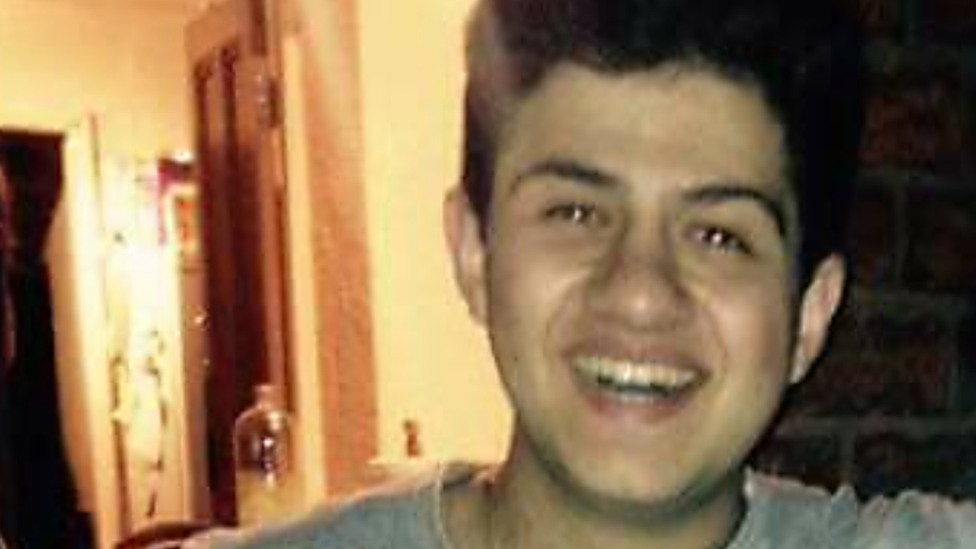Syria crisis: First 1,000 refugees have arrived in UK
- Published
A father tells Sian Lloyd he moved to the UK because his daughters' lives were at stake
The first 1,000 Syrian refugees have now arrived in the UK under the government's scheme to resettle vulnerable people living in refugees camps, David Cameron has said.
Charter flights have arrived in Glasgow, London Stansted and Belfast, and another is expected later.
The prime minister said he had met his pledge to bring the first 1,000 people to the UK by Christmas.
The UK government has promised to accept 20,000 Syrians over five years.
These will be drawn from established refugee camps, initially as part of the Vulnerable Persons Relocation (VPR) scheme, external.
More than 50 local authorities have taken a share those who have already arrived.
The Ghulam family from Aleppo are looking forward to starting a new life in the UK
Alongside the VPR scheme, the UK has also granted asylum or other forms of protection to 1,868 Syrians in the year ending September 2015.
Councils in Yorkshire and the Humber will resettle around 1,500 Syrian refugees, it was announced
Fifty-one Syrian refugees who arrived in Belfast from Lebanon on Tuesday showed an "overwhelming" sense of gratitude, a charity which greeted them said
Last month, about 15 Syrian families arrived on the small Scottish island of Bute to make a new home
An additional 216 Syrian refugees were resettled under the government's VPR scheme between January 2014 and mid-2015.
'First great step'
At Prime Minister's Questions, Mr Cameron told the Commons: "I said that Britain would do its duty and with these thousand we have made a very good start."
He said the government was providing funding so the refugees get access to housing, healthcare and education.
PMQs: 'UK has met Syria refugees commitment' says David Cameron
The Refugee Council's head of advocacy Lisa Doyle welcomed the news, and said the refugees would have their lives "transformed, if not saved" by the UK resettlement programme.
However, she called on the government to also help resettle those who had risked the trip from Syria to Europe.
'Not enough'
Under EU rules, refugees are meant to claim asylum in the first European state they enter.
"What we now need to see is the same eagerness to welcome refugees shown by communities across the country reflected by Government policies," Ms Doyle said.
"Resettling Syrian refugees is a great first step but Britain also needs to come forward and offer to help refugees arriving in Europe a route to safety too."
A family who have escaped the conflict in Syria detail their new life in Leeds
David Cameron has argued that accepting people only from camps in Syria, Turkey and Jordan will provide a "direct and safe" route to safety - instead of encouraging them to make the journey across the Mediterranean by boat.
In response to questioning from MPs, Home Secretary Theresa May said all refugees would be subject to rigorous security checks to make sure Islamic State militants were not among them.
There have been criticisms from some high profile figures who believe the UK's response to the refugee crisis has not been enough.
Lord Phillips, former UK Supreme Court head, and Lord Macdonald, ex-director of public prosecutions, were among 300 who signed an open letter, external on the issue. One retired judge said the UK could cope with taking in 75,000 refugees a year.
Syrian refugees in the UK
20,000
more refugees will be resettled in the UK by 2020
4,980
Syrian asylum seekers have been allowed to stay since 2011
-
25,771 people applied for asylum in the UK in the year to end June 2015
-
2,204 were from Syria
-
87% of Syrian requests for asylum were granted
-
145 Syrian asylum seekers have been removed from the UK since 2011
Syria has been embroiled in a bloody armed conflict for nearly five years. More than 250,000 Syrians have been killed, and 11 million displaced from their homes - more than four million have already left the country.
Earlier this month, MPs voted in favour of UK military action in Syria, targeting so-called Islamic State, and a British bombing campaign began shortly after.
Updating the Commons on the situation in Syria, Foreign Secretary Philip Hammond said there had been "no reports of civilian casualties" from RAF air strikes.
However, Russia - which is not part of the US-led coalition against IS, and is an ally of Syrian President Bashar al Assad - continued to target Syrian opposition forces rather than IS targets, he said.
- Published16 December 2015
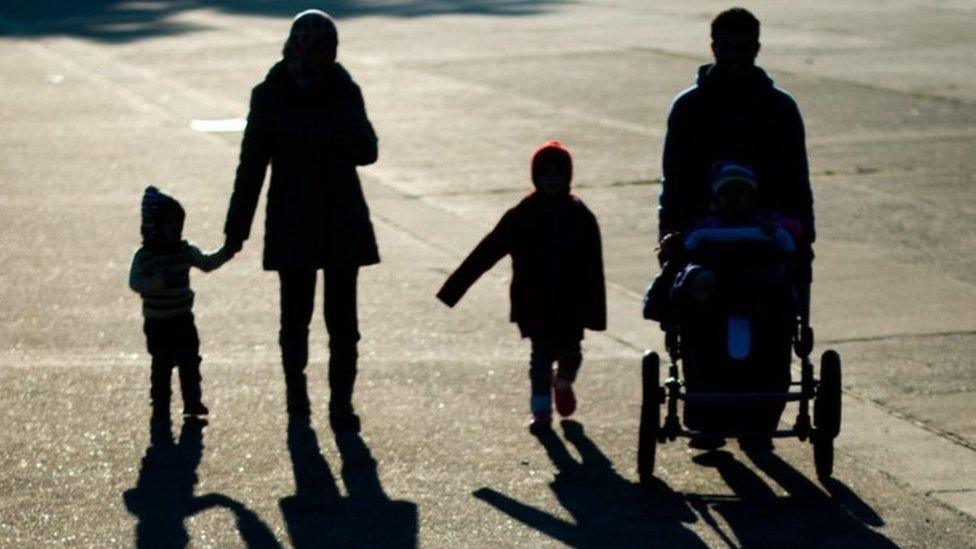
- Published28 January 2016
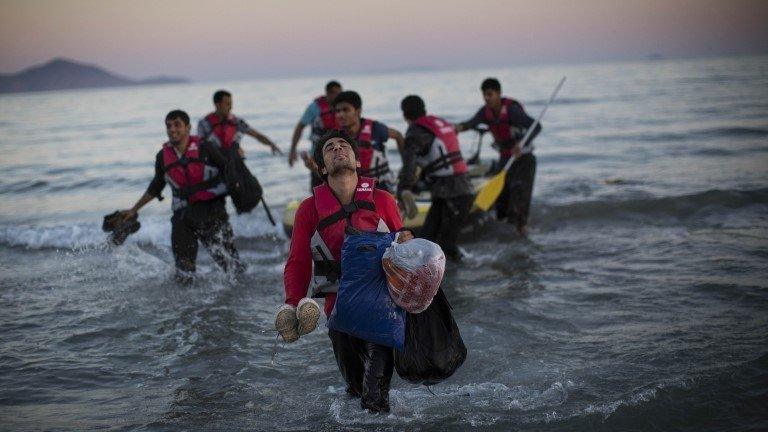
- Published16 September 2015
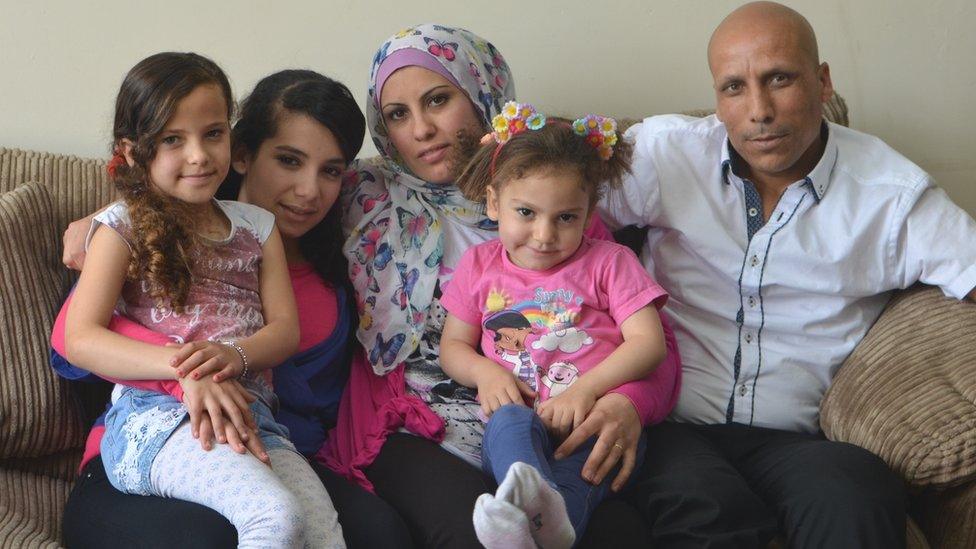
- Published4 September 2015
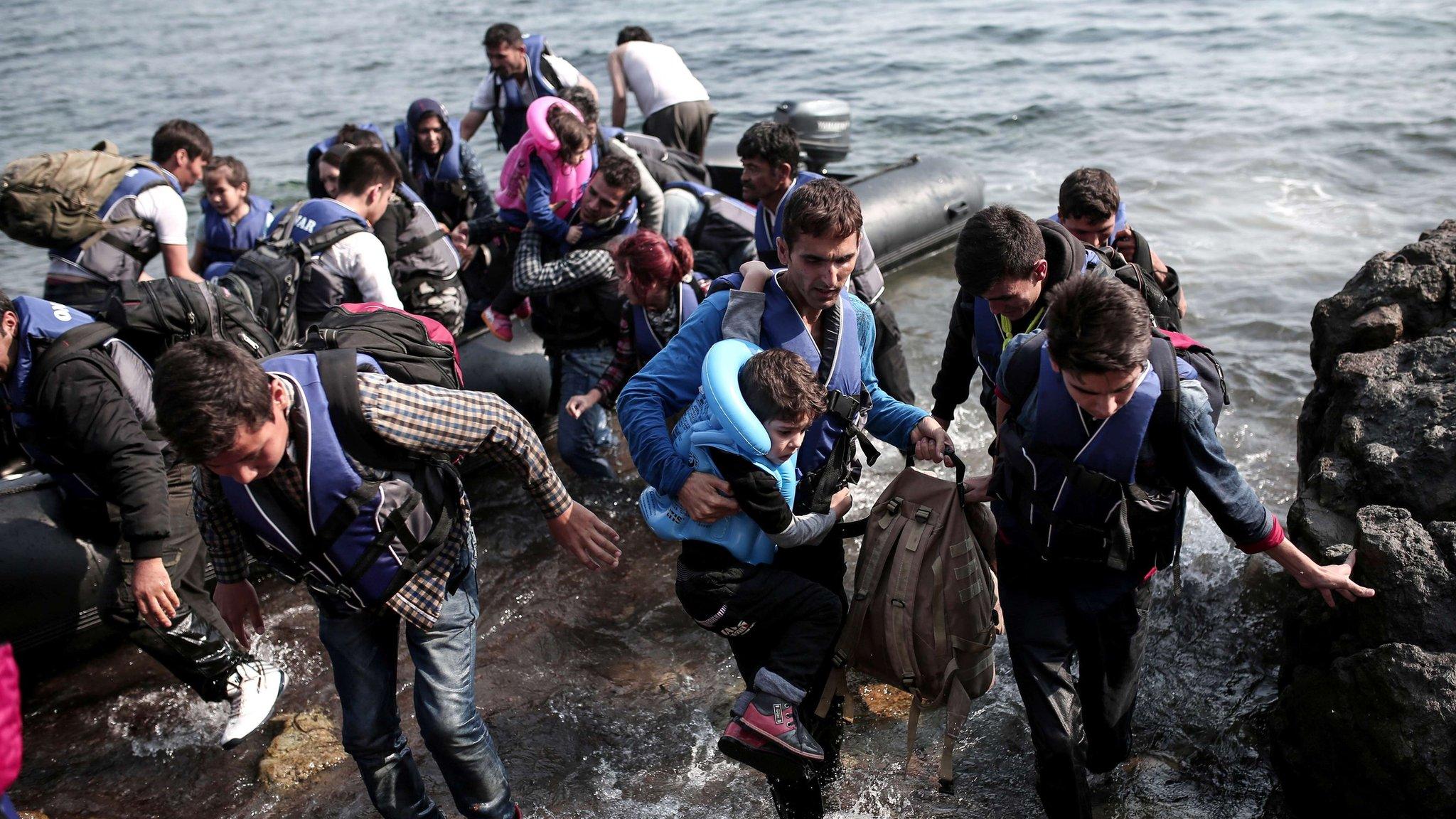
- Published16 December 2015
